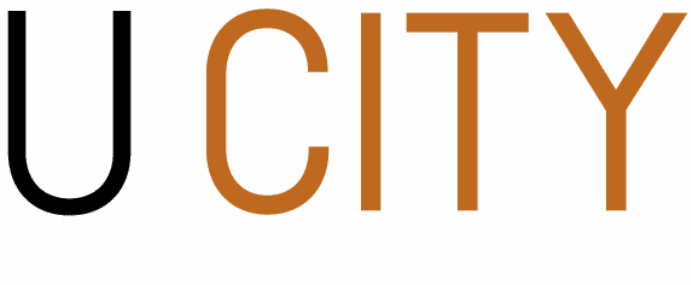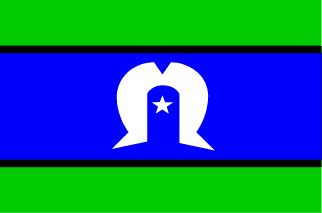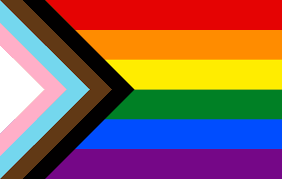Uniting Communities is joining other sector leaders in calling for the Council of Australian Governments (COAG) to set a target to reduce the rising rates of Aboriginal and Torres Strait Islander children in the child protection system.
Led by members of the Family Matters: kids safe in culture not in care initiative, the campaign is pushing to address the continuing systematic removal of Aboriginal and Torres Strait Islander children from family and community, and suggests alternative strategies focused on culture and community.
‘Alarmingly, current statistics show that Aboriginal and Torres Strait Islander children are 9.5 times more likely to be in out-of-home care than non-Aboriginal children,’ says Uniting Communities’ Chief Executive, Simon Schrapel. ‘More than one-third of all children in out-of-home care are identified as Aboriginal and Torres Strait Islander.
‘Today, on National Close the Gap Day, we have to acknowledge that removing children from family, culture and country at such a crucial developmental stage can be a significant contributor to poor overall wellbeing and reduced opportunity into the future.’
Family Matters is a national initiative working with Aboriginal and Torres Strait Islander organisations and mainstream non-government agencies. The campaign recommends a strategy which acknowledges the strengths of Aboriginal and Torres Strait Islander cultures and organisations, and the capacity of Indigenous families to raise their children safely within culture. Despite ongoing negative messages on child welfare, safe cultural care remains the dominant reality in Aboriginal and Torres Strait Islander societies.
‘Almost 95% of Indigenous children are cared for by their families,’ says Mr Schrapel. ‘Of those in alternative care, more than half live with Aboriginal and Torres Strait Islander carers – even though many of these people experience high levels of financial and social hardship. Yet, it is simply unacceptable that 5 per cent of these children continue to live away from their family home.’
Natalie Lewis, CEO of Queensland Aboriginal and Torres Strait Islander Child Protection Peak, states that Indigenous communities hold the key to addressing child wellbeing and safety concerns.
‘Research describes the value of unique Aboriginal and Torres Strait Islander child-rearing practices, alongside the critical importance of continuity of cultural identity to the wellbeing of Indigenous children,’ says Ms Lewis. ‘Growing up with family and culture is a human right, crucial to assisting the healing process from intergenerational trauma caused by decades of injustice.
‘The “gap” in health and wellbeing outcomes for Aboriginal and Torres Strait Islander peoples will never be closed while fundamental rights remain unrealised.’






